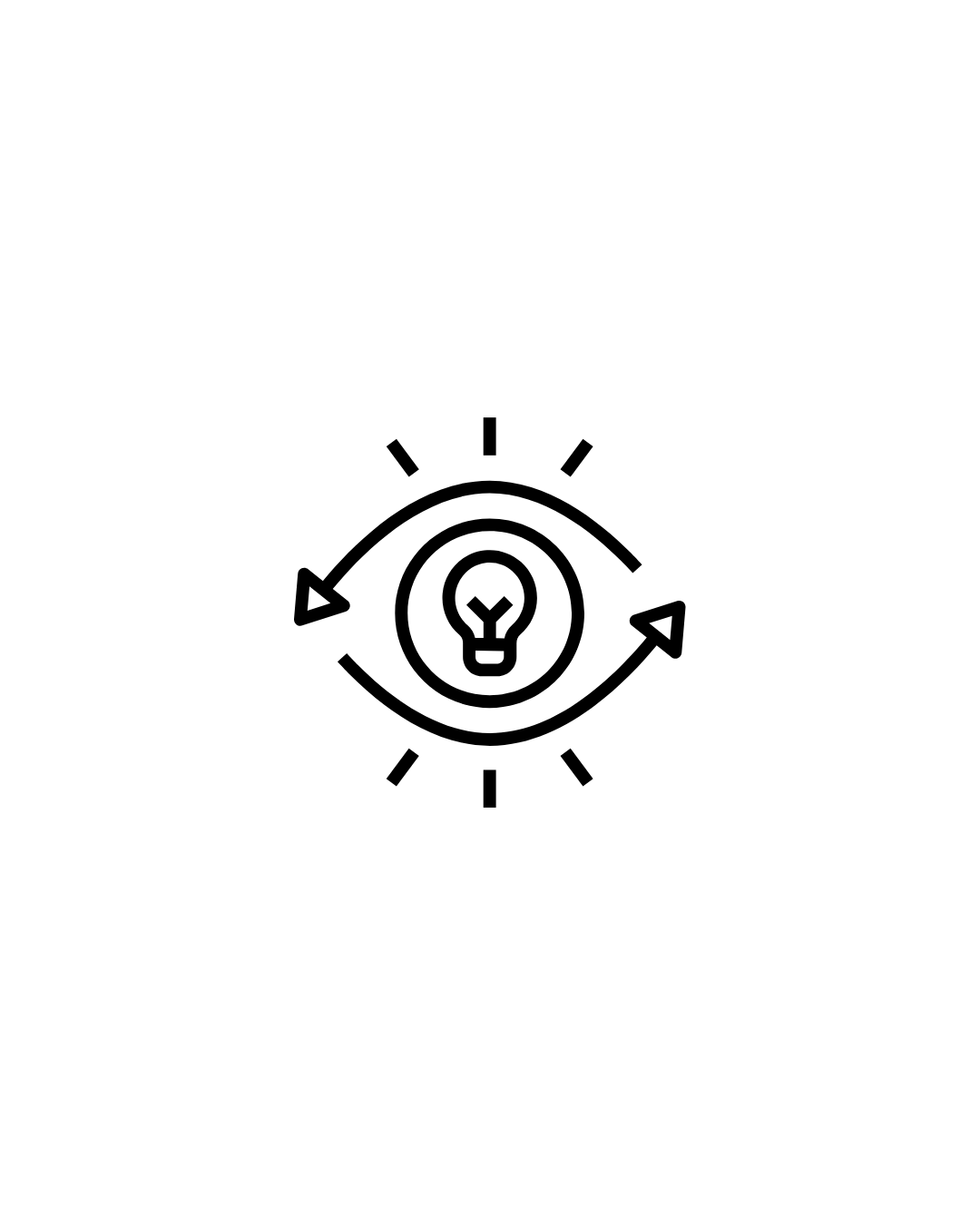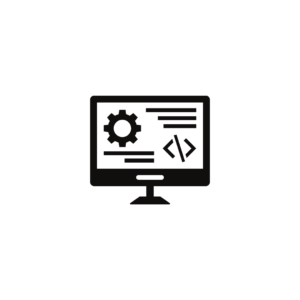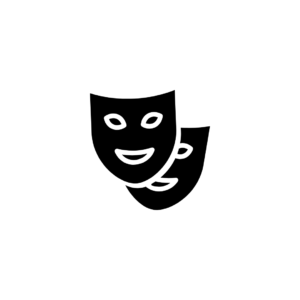Description
Overview of Bachelor of Vocation (B.Voc) in Vision Technician
The Bachelor of Vocation (B.Voc) in Vision Technician is a specialized program designed to prepare students for careers in eye care, focusing on providing essential support in the diagnosis and treatment of vision-related issues. This program equips students with practical skills and knowledge related to optical technology, patient care, and the operation of vision-related diagnostic equipment. Graduates of this program will be equipped to work in various settings, including optometry clinics, ophthalmology practices, and optical retail shops.
Core Areas of Study in B.Voc in Vision Technician
Anatomy and Physiology of the Eye
Understanding the structure and function of the eye and visual system, along with common eye diseases and disorders.
Vision Assessment Techniques
Learning how to use various tools and techniques to assess visual acuity, depth perception, color vision, and peripheral vision.
Optical Instruments and Equipment
Gaining proficiency in operating and maintaining vision-related diagnostic equipment, such as tonometers, autorefractors, and slit lamps.
Lens Technology and Dispensing
Understanding different types of lenses and frames, and learning how to accurately fit and dispense prescription eyewear to patients.
Patient Care and Communication
Developing skills in patient interaction, providing clear explanations of procedures, and addressing patient concerns and questions.
Ocular Diseases and Pharmacology
Gaining knowledge of common ocular diseases, their treatment options, and understanding the pharmacological agents used in eye care.
Contact Lenses
Learning about the types and fitting of contact lenses, including evaluation and aftercare for contact lens wearers.
Legal and Ethical Considerations in Eye Care
Understanding the legal responsibilities, ethical considerations, and standards of practice in vision care.
Curriculum Structure
A typical Bachelor of Vocation in Vision Technician program may include:
Core Courses: Subjects covering anatomy and physiology of the eye, vision assessment, optical technology, patient care, and ocular diseases.
Hands-On Training: Practical laboratory sessions that provide opportunities to work with optical instruments and simulate patient care scenarios.
Clinical Practicum: Field placements in eye care clinics or optical centers, where students gain real-world experience in vision assessments and patient management.
Admission Requirements
Admission to the B.Voc in Vision Technician program typically requires:
A high school diploma (or equivalent), preferably with a focus on science or health-related subjects.
Some institutions may require an entrance exam or interview to assess the applicant?s interest and aptitude for a career in vision care.
Skills Developed in the B.Voc in Vision Technician Program
Graduates of the Bachelor of Vocation in Vision Technician will acquire essential skills, including:
Vision Assessment Skills: Proficiency in conducting vision tests and assessments using various tools and techniques.
Technical Proficiency: Ability to operate, maintain, and troubleshoot vision-related diagnostic equipment.
Patient Interaction: Strong communication skills to effectively engage with patients and provide quality care and support.
Knowledge of Optical Products: Understanding lens technology and eyewear fitting to meet patient needs accurately.
Awareness of Ocular Health: Knowledge of common ocular conditions and the role of a vision technician in managing and treating these conditions.
Career Opportunities
Upon completion of the B.Voc in Vision Technician, graduates can pursue various career paths, including:
Vision Technician
Assisting optometrists and ophthalmologists in conducting eye examinations and providing patient care in clinical settings.
Optometric Technician
Supporting optometrists in vision assessments, managing patient records, and dispensing eyewear.
Optical Sales Associate
Working in optical retail environments to assist customers in selecting eyewear and explaining lens options.
Contact Lens Fitter
Specializing in the fitting and follow-up care of contact lenses for patients.
Vision Care Coordinator
Organizing and managing vision care services, including scheduling appointments and coordinating patient care.
Conclusion
The Bachelor of Vocation in Vision Technician provides students with the skills and knowledge necessary for a successful career in the eye care field. With a focus on both technical proficiency and patient interaction, graduates are well-prepared to support vision health in various settings. If you have any further questions about the B.Voc in Vision Technician or related topics, feel free to ask!









